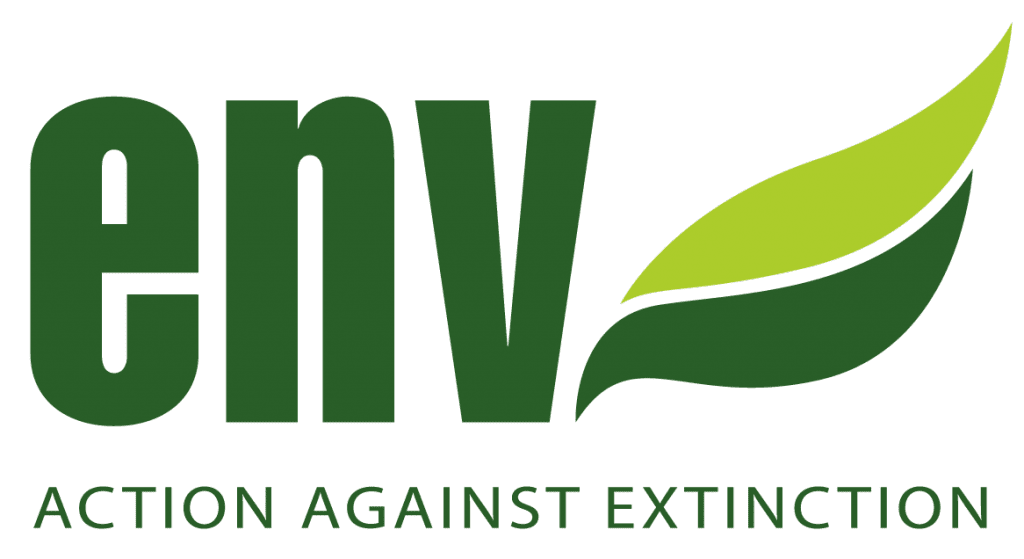Education for Nature Vietnam (ENV) has published the Prosecution Review for Wildlife Crime in Vietnam from 2015 to 2020, reflecting the performance of Vietnam’s criminal justice system in implementing the 2015 Penal Code (amended in 2017) and prosecuting wildlife trafficking cases.

ENV has analyzed 552 wildlife trafficking cases that occurred between 2015 and 2020, the results of which show a positive and upward trend in the nation’s efforts to combat wildlife crime following implementation of the revised Penal Code in 2018. From January 2018 to the end of 2019, the number of wildlife trafficking seizures increased 44% while the percent of seizures resulting in arrests remained consistent from 2015 to 2019 at 86.7%. However, during the first six months of 2020, the percentage of trafficking cases resulting in arrest jumped to 97%.
“ENV’s prosecution analysis attests to the strength of the current Penal Code and the elevated efforts of Vietnam’s law enforcement and criminal justice courts to take down wildlife criminals,” says Bui Thi Ha, ENV’s Vice Director & Head of Policy and Legislation Department. “Since the new law has been in force, and especially this year in 2020, evidence shows that wildlife trafficking crimes are being taken more seriously in Vietnam.”
For example, in 2015, 45.8% of wildlife court cases led to one or more subjects sentenced to prison. However, this percentage has increased steeply in 2020, as numbers show 67.9% of all convictions in wildlife trafficking cases have resulted in prison sentences this year.
Additionally, in 2015 the average prison sentence imposed in a wildlife trafficking cases was 0.98 years. At present, the 2020 average prison sentence for wildlife crime stands at 4.49 years, a 358% increase over 2015.

“The trends we’re seeing in the analysis of wildlife prosecutions over the last six years illustrate the increasingly aggressive approach to tackling Vietnam’s illegal wildlife trade,” said Mrs. Ha. “ENV commends law enforcement authorities, courts, procuracies, and decision-makers for amending the Penal Code and enforcing its implementation so rigorously,” added Mrs. Ha.
While progress is clear, it is important to understand Vietnam is far from the finish line in terms of ending the illegal wildlife trade. ENV’s Prosecution Review highlights major obstacles that lay ahead in efforts to successfully tackle wildlife trafficking in Vietnam. These critical challenges include a) eradicating corruption from within the ranks of the criminal justice system, b) initiating strategic investigations targeting wildlife criminal leaders, c) identifying, arresting, and prosecuting the owners of major wildlife shipments arriving at ports and airports in Vietnam, and d) creative utilization of other approaches to target criminal enterprises and their leadership such as anti-money laundering laws or tax evasion.
“Vietnam has come a long way in strengthening wildlife protection, and as a country we can be proud of the combined efforts of government officials, law enforcement officers, prosecutors, and the courts who have collectively advanced efforts to combat wildlife crime,” Ha asserts. “Now, our efforts need to focus on maintaining momentum while taking the offensive to eliminate criminal enterprises that traffic wildlife by targeting their leadership with arrest and prosecution.”

